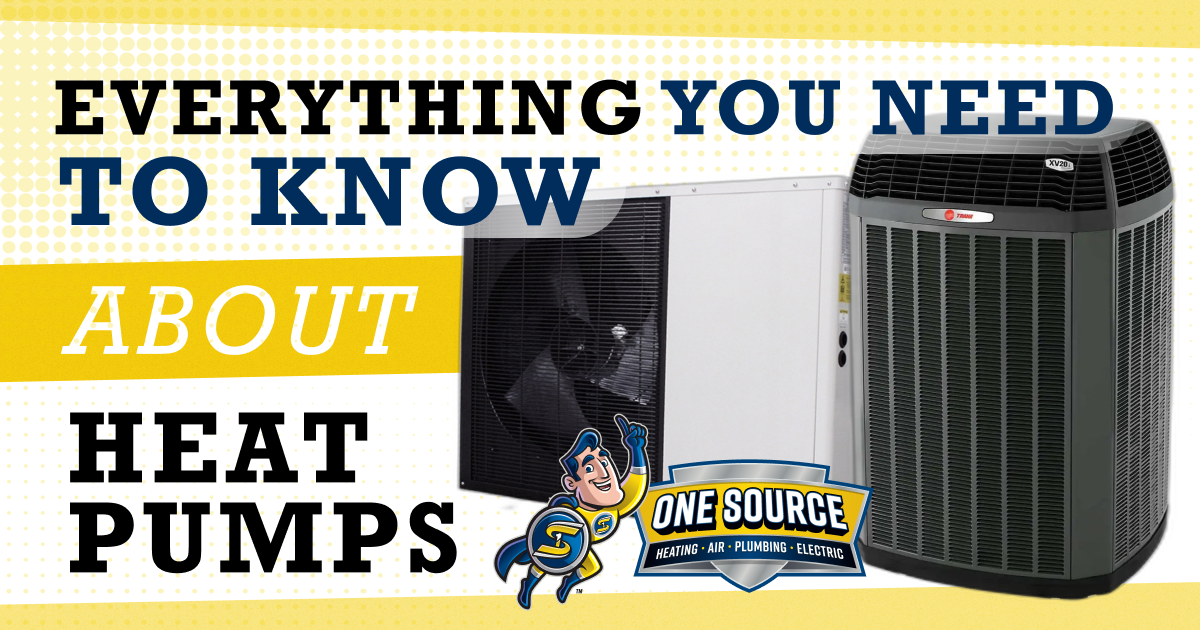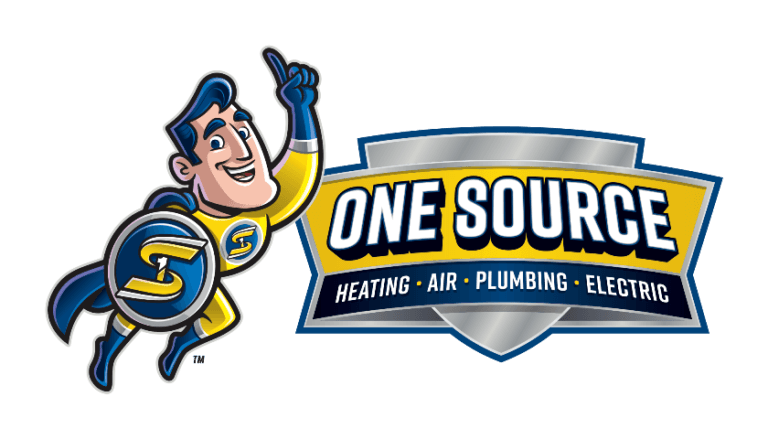
You’ve probably heard the buzz about heat pumps in the HVAC industry. These types of HVAC systems are known to be an energy-efficient solution for both the heating and cooling needs of your home.
But what exactly is a heat pump, and how does it work? As experts in all things related to heat pumps, we dedicate this entire blog to spotlighting this unique and environmentally friendly HVAC system. !
Learn everything you need to know about heat pumps, their costs, and how they work in our comprehensive guide.
How Do Heat Pumps Work?
Heat pumps are unique HVAC systems because they work by transferring heat from one place to another, instead of generating it like a traditional air conditioner or heating system. This type of heating and cooling system is becoming widely popular with HVAC specialists, homeowners, and even government authorities because they are environmentally friendly and save money for everyone involved because they work well both in the heating and cooling modes.
The Heating Mode
When in heating mode, heat pumps draw warmth from the ground and outside air to transfer it indoors for efficient home heating. Those living in Colorado Springs should use a gas furnace alongside their heat pump to maximize the warmth in their home.
Air source heat pumps (ASHPs) offer both cooling and heating solutions in one, making it an optimal choice for residents in Colorado Springs. They come with easy installation and minimal maintenance processes. Thus, they are cost-effective compared to traditional air conditioning systems over time.
The Cooling Mode
By using a reversing valve and two sets of coils, heat pump systems are able to move air from indoors to outdoors when in cooling mode. This process makes the cooling season during the summer months much more affordable because it is more energy-efficient than other AC systems.
Heat pumps work by exchanging the hot air inside the house with cooler air without requiring extra energy to do so. As a result, you get the benefit of a more comfortable place while reaping the energy savings of having a heat pump installed on your property.
Types of Heat Pumps to Choose From
When choosing between air-source and ground-source heat pumps, one must consider factors such as budget, installation requirements, and energy savings objectives for the long term. Below is a brief overview of both air-source and ground-source heat pumps.
Air Source Heat Pumps (ASHPs)
If your heat pump is air-sourced, it extracts heat from the outside air to warm the house in the winter. In the cooling mode, it works in the opposite direction by transferring the indoor heat to the outdoor air.
Ground Source Heat Pumps (GSHPs)
These are also known as geothermal heat pumps and they work by extracting heat from the ground or water source for the heat exchange process. They are more efficient than those that rely on air because the ground or nearby water sources are typically more stable heat sources to work with, allowing for more reliable production of heating and cooling temperatures for the house.
Key Components of Heat Pump Systems
Like any other air conditioning system, the heat pump system relies on a series of parts that come together to produce comfortable temperatures for the home. These components include the following:
Evaporator Coils
Evaporator coils in the indoor unit of the heat pump work to absorb heat from air during the heating mode. When the heat pump is set to cool mode, it releases the heat to cool the indoor space.
Compressor
The compressor is found in the outdoor unit and is in charge of pressurizing refrigerant gas. This function release heat when it is in the condensing unit.
Condenser
The condenser is often referred to as the outdoor unit. This unit houses the compressor and condenser coils. The role of the condenser is to release heat to the outdoor air or extract it, depending on the current mode of the heat pump.
Expansion Valve
You will find the expansion valve between the condenser and evaporator. Its role is to reduce the pressure of the refrigerant and make it expand and cool quickly. This process allows the refrigerant to evaporate at low temperatures.
Air Handler
The air handler is the indoor unit that is often used with all air conditioners, including heat pumps. Thanks to this part of the heat pump system, it can distribute comfortable temperatures throughout the home effectively.
How Much Does Heat Pump Installation & Operation Cost?
The cost of heat pump installation can range between $2,500 and $10,000, depending on these factors:
- Type of heat pump you choose
- Heating and cooling requirements of your home
- The brand and quality of the heat pump and all its components
- The energy efficiency rating of the heat pump system
- Your region and local climate
Though all these factors are important to consider, it is also essential to keep in mind that heat pumps do not run on electricity or gas, like traditional air conditioning systems. Therefore, you will experience great energy savings and lower bills.
Because the heat pump system is usually underground, the maintenance plan isn’t as intensive as for other air conditioning units. Additionally, repairs aren’t needed nearly as often because most components are hidden and are away from potential damage.
Top Heat Pump Installation, Maintenance, & Repairs
Are you in the market for a heat pump system for your home? Contact One Source Home Service today to learn about our supreme heat pump services and the deals and specials we have going on. Whether you need heat pump repair, routine heat pump maintenance, or even a heat pump replacement, we are always available to provide the highest quality services in Colorado Springs, CO.






